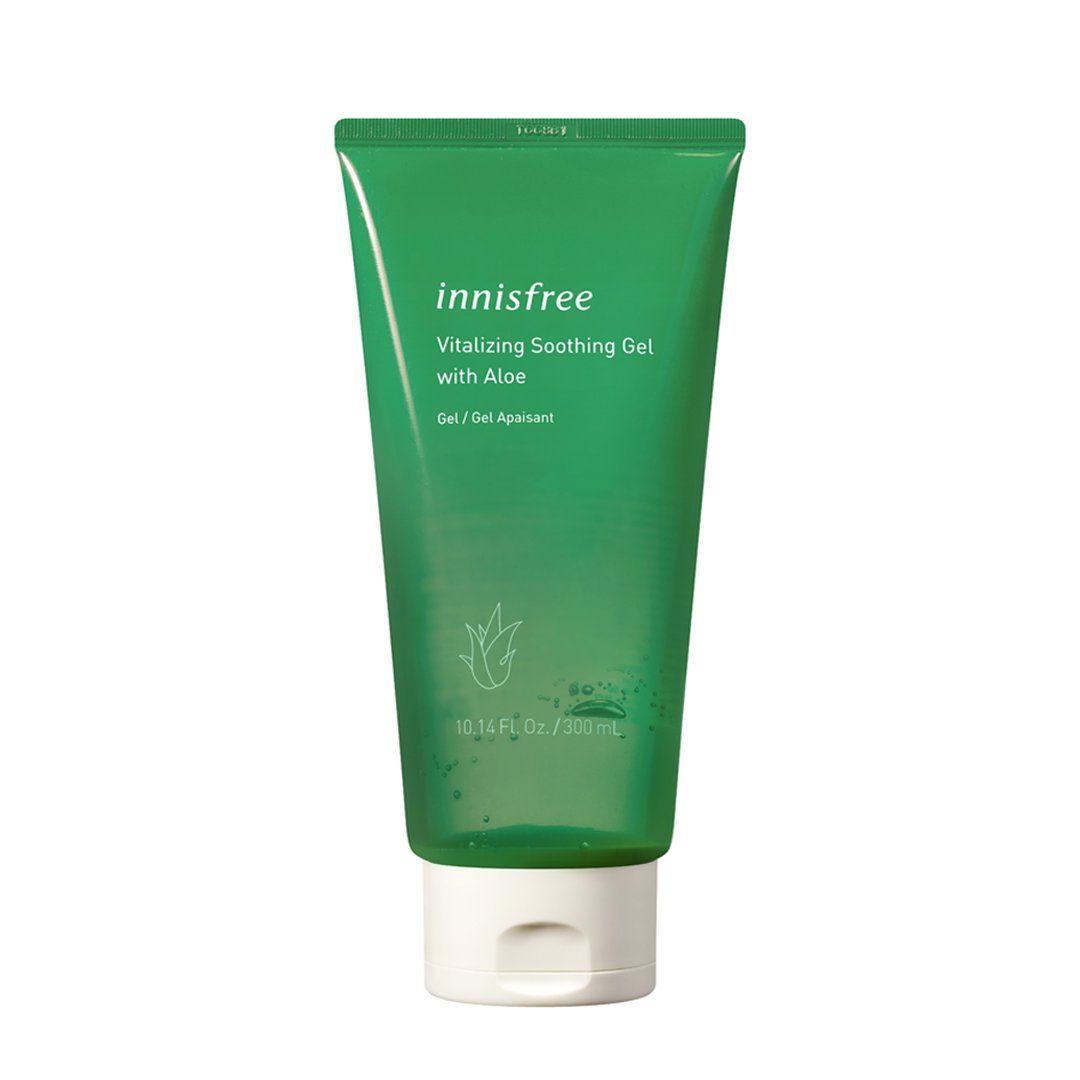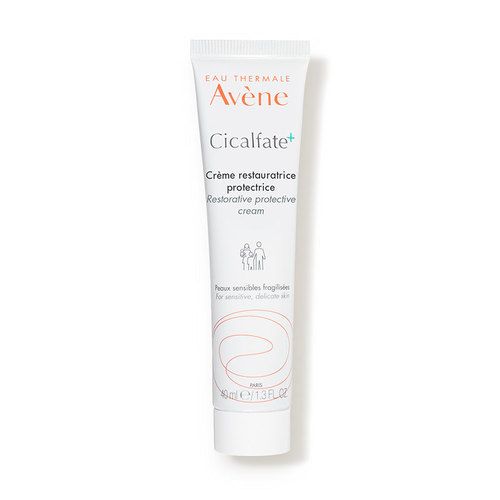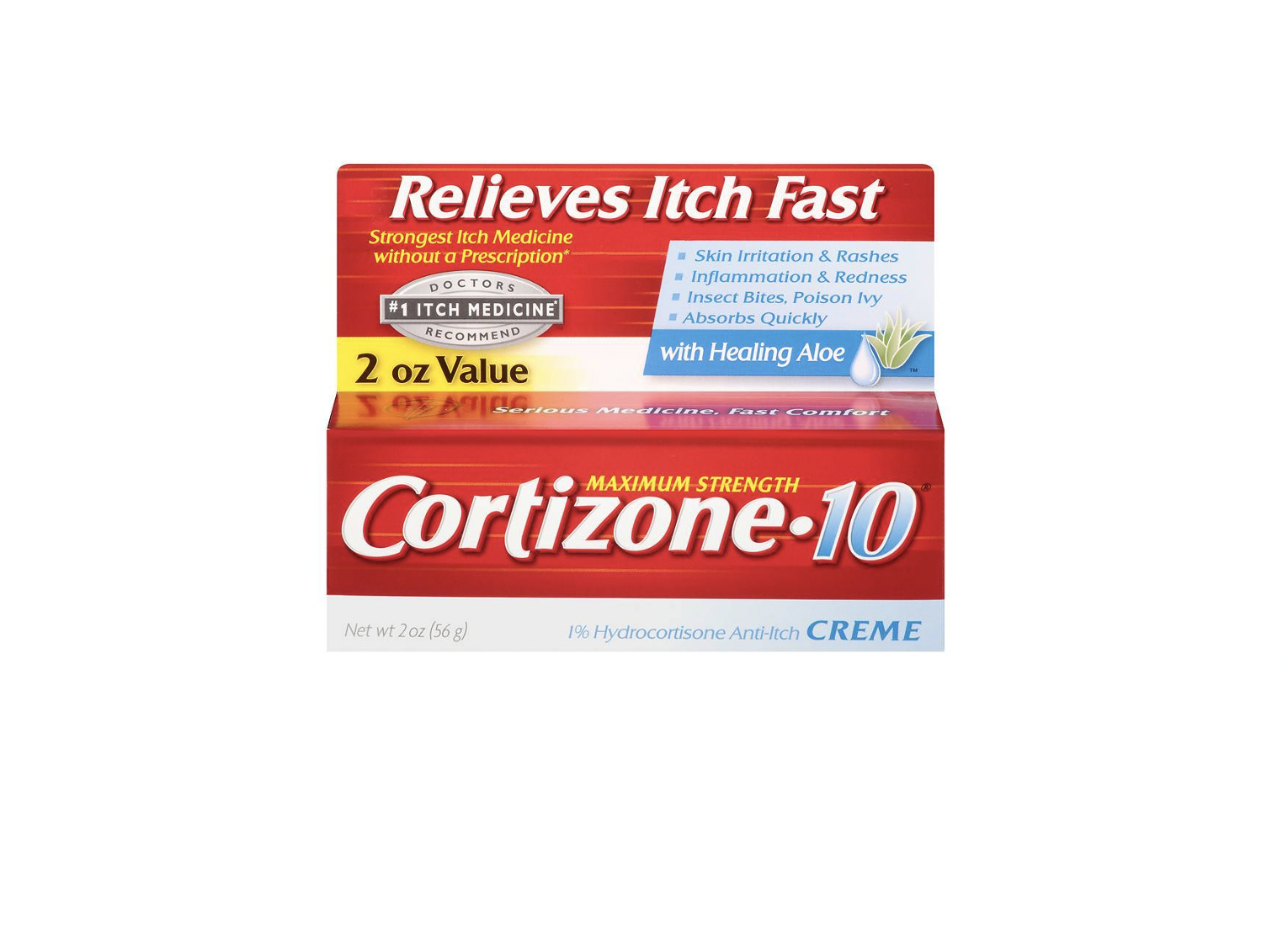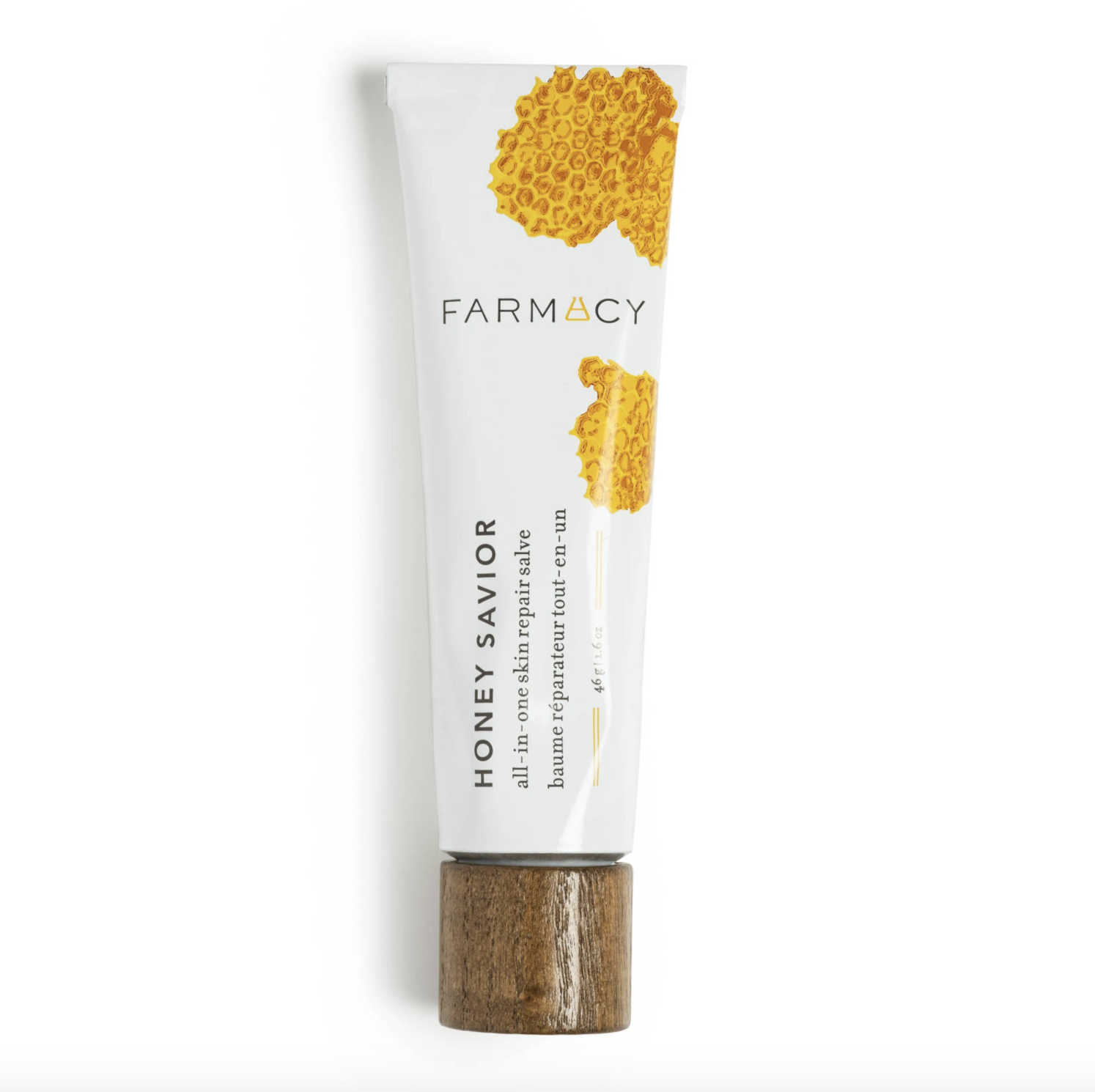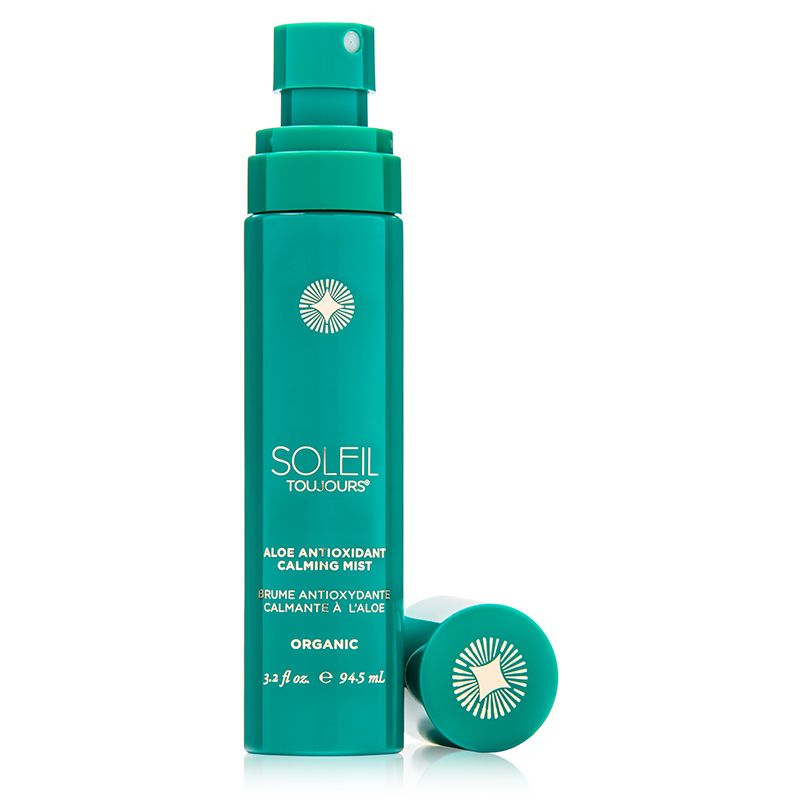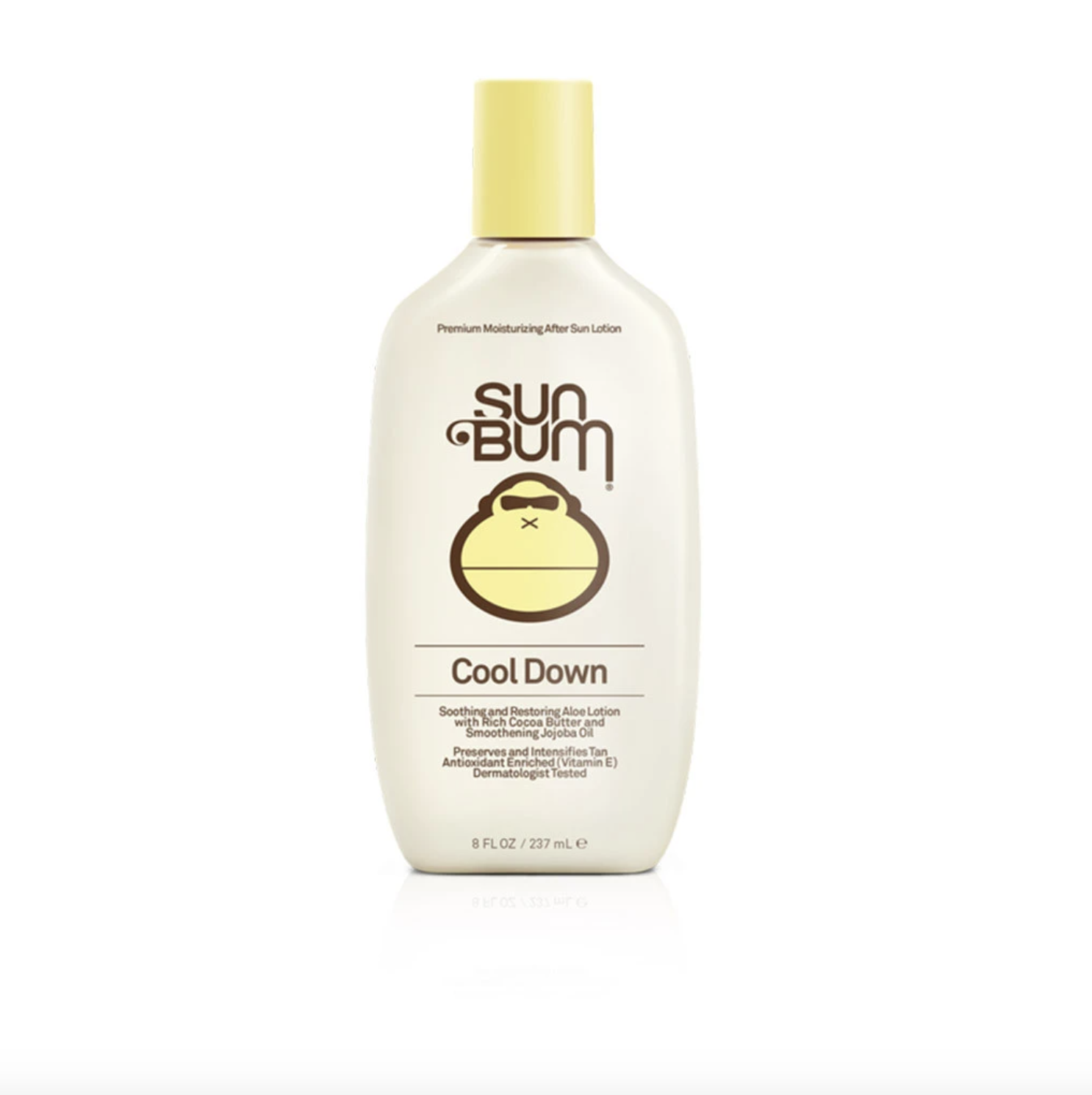We’ve all been there: You slather on your SPF but end up missing a spot, or you forget to reapply throughout the day. The painful consequence? Sunburn. It can be easy to slip up on your sun-protection game, especially if you’re stepping outside for the first time in a while post-lockdown. A good dermatologist won’t let you off easy for getting a burn, but they will offer the following remedies to alleviate pain, speed up the healing process, and get your skin back on track.
Start with a pain reliever.
First and foremost, “It’s important to know that sunburns significantly increase the risk of developing skin cancer later in life, so prevention with sunscreen and some protection is key,” Valerie Harvey, a Virginia-based dermatologist, says. Sunburns occur when the skin has been exposed to too much ultraviolet (UV) light from the sun. Once any redness or dark tan lines develop, the damage is done. Immediately take an over-the-counter painkiller like Tylenol or Advil every four hours, Harvey suggests. “This will alleviate any inflammation,” she explains.
Keep it cool.
Your next step should be addressing the burn itself. Apply a cold compress to soothe the skin, New York dermatologist and founder of OptiSkin Orit Markowitz says. “The trick is to not dry off the skin completely, and then apply a moisturizer to lock in the water content.” On that note, make sure to drink lots of water as your skin will be dehydrated. This will also work with the cold compress to lower your body temperature.
Markowitz tells her patients to cover their inflamed skin with refrigerated aloe vera gel (the cooling sensation will relieve the heat radiating from the burn) mixed with benzocaine. Or apply refrigerated OTC hydrocortisone 1 percent cream mixed with an OTC pramoxine (a topical anesthetic) to help soothe the skin and decrease the heat that radiates—and often worsens—the sunburn.
Soothing Products for Sunburns
Apply a cocktail of soothing ingredients.
The key to treating a sunburn is to introduce powerhouse skincare ingredients. Though you may reach for the aloe vera gel first (which is still the gold standard in treating sunburns) and the above cocktail of OTC creams, you can also apply honey and oat to calm skin, as well as zinc to promote healing by activating the microbiome and forming a barrier.
Of course, you should stay out of the sun post-burn, but vitamin D—ingestible, that is—can actually be beneficial. “A study showed that high doses of vitamin D taken one hour after getting a sunburn can significantly reduce redness, swelling, and inflammation in the skin,” Harvey explains.
Let the burn be.
It may be tempting (and somewhat satisfying) to remove the skin as it peels. But experts advise against doing so as it may cause scarring. “It is very important to give your burn time to heal,” Markowitz stresses. “If the burn begins to blister or if it immediately peels, it’s time to visit a professional to assist with healing in order to prevent skin damage or infection.”
The time it takes for your burn to heal depends on a few key factors: the severity of the burn, the location of the burn, your skin type, and previous exposure to the sun. However, our experts all agree that on average, a sunburn takes seven to 10 days to fully heal.
Source: Read Full Article
